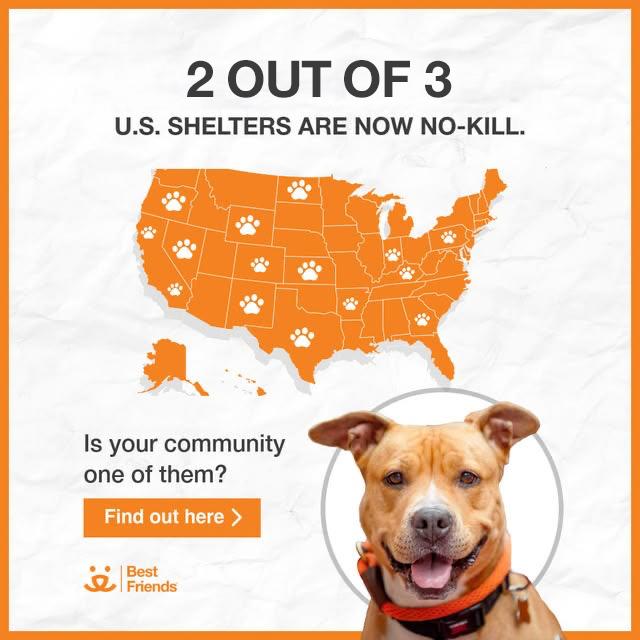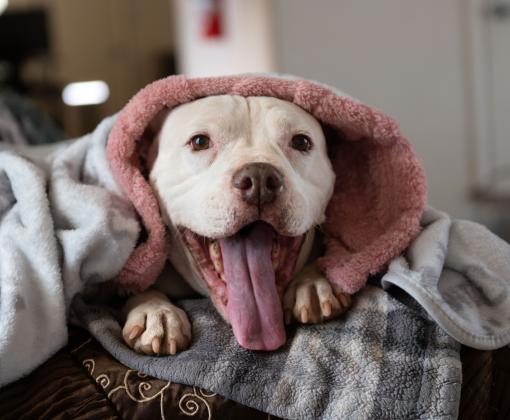
Studies of Dogs From Puppy Mills
Commercial dog breeding establishments, or puppy mills, are large-scale facilities where dogs are confined in small enclosures for their entire reproductive lives with little to no exercise or positive human contact. The sole purpose of such facilities is to mass-produce puppies to sell them for profit through retail pet stores and via the internet.
In two large-scale studies of puppy mill dogs — one study focusing on the adult breeding dogs and the other on the puppies sold through pet stores — the evidence showed conclusively that these breeding facilities are highly injurious to both groups of dogs, resulting in severe, extensive, and long-term harm to the behavioral and psychological well-being of the dogs. Here's more about what these studies found.
Study 1: Adult breeding dogs from puppy mills
This study compared a wide array of psychological and behavioral characteristics of 1,169 dogs formerly kept for breeding purposes in commercial breeding establishments with pet dogs owned by members of the general public.
Researchers
- Franklin D. McMillan, DVM, Best Friends Animal Society
- Deborah L. Duffy, Ph.D., University of Pennsylvania School of Veterinary Medicine
- James A. Serpell, Ph.D., University of Pennsylvania School of Veterinary Medicine
The published paper
"Mental health of dogs formerly used as 'breeding stock' in commercial breeding establishments." FD McMillan, DL Duffy, JA Serpell. Applied Animal Behaviour Science 2011; 135: 86-94.

See how your community is doing
What the study found
- The results showed a broad range of abnormal behavioral and psychological characteristics in the former breeding dogs from large-scale commercial breeding establishments — including significantly elevated levels of fears and phobias; pronounced compulsive and repetitive behaviors, such as spinning in tight circles and pacing; house soiling; and a heightened sensitivity to being touched and picked up.
- The psychological harm demonstrated in these dogs is severe and long-lasting. Much of the harm is irreparable and will remain a continued source of suffering for years after the dogs leave the breeding facility — in some cases for the entire lifetime of the dog.
Conclusions
- Current laws at both the national and state levels are not based on current scientific knowledge of animal psychology, quality of life, suffering, and welfare — and are thus inadequate to protect dogs from the psychological harm resulting from living in commercial breeding establishments.
- Legislation to adequately protect the welfare of dogs in confinement needs to be updated to reflect current scientific knowledge.
To obtain a copy of the published study, contact puppymillinitiatives@bestfriends.org.
Study 2: Puppy mill puppies
This study compared the psychological and behavioral characteristics of 431 adult dogs who were purchased as puppies from pet stores with adult dogs purchased as puppies from small-scale, private breeders.
Researchers
- Franklin D. McMillan, DVM, Best Friends Animal Society
- James A. Serpell, Ph.D., University of Pennsylvania School of Veterinary Medicine
- Deborah L. Duffy, Ph.D., University of Pennsylvania School of Veterinary Medicine
- Elmabrok Masaoud, Ph.D., Atlantic Veterinary College, University of Prince Edward Island
- Ian Dohoo, DVM, Ph.D., Atlantic Veterinary College, University of Prince Edward Island
The published paper
"Differences in behavioral characteristics between dogs obtained as puppies from pet stores and those obtained from noncommercial breeders." FD McMillan, JA Serpell, DL Duffy, E Masaoud, IR Dohoo. Journal of the American Veterinary Medical Association2013; 242: 1359-1363.
What the study found
- Dogs obtained as puppies from pet stores received significantly less favorable scores than breeder-obtained dogs on most behavioral variables measured. Compared with dogs obtained as puppies from noncommercial breeders, dogs from pet stores had significantly greater aggression toward human family members, unfamiliar people, and other dogs; greater fear of other dogs and typical life events; and greater separation-related problems and house soiling.
- For no behavior evaluated in the study did pet store dogs score more favorably than noncommercial breeder dogs.
- The chances of a dog developing serious behavior problems is much higher for dogs purchased as puppies from pet stores, as compared to dogs obtained from small, noncommercial breeders.
Conclusions
- Legislation to improve the conditions in the large-scale commercial breeding facilities supplying puppies to pet stores is needed to assure that the puppies are not at any increased risk of maturing into adult dogs with serious behavior problems.
To obtain a copy of the published study, contact puppymillinitiatives@bestfriends.org.
Overall conclusions
- Current laws provide inadequate protection against harm to breeding dogs and puppies associated with commercial breeding establishments.
- Consumers purchasing puppies from pet stores are unknowingly assuming a risk of difficult and serious behavior problems in their dogs, including dog behavior that can endanger their own safety.
- If dogs are to be bred to produce puppies for sale, all of the dogs and puppies should be assured a decent quality of life based on the most current scientific research.
For more information and for ways to stop puppy mills, go to the Best Friends Legislative Action Center.
